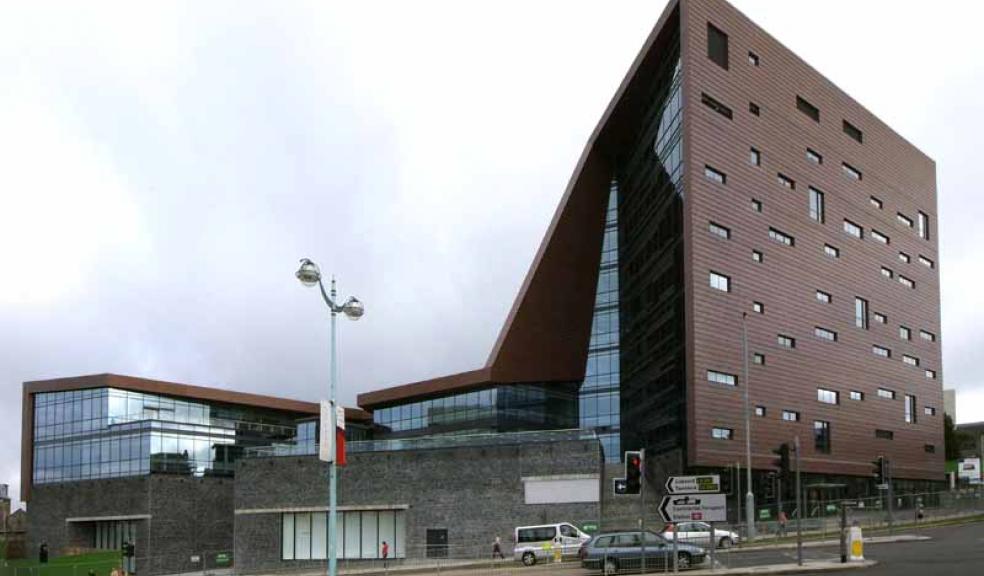
Non-animal research charity awards studentship to Plymouth University
Professor Oliver Hanemann, Director of the Institute of Translational & Stratified Medicine at Plymouth University Peninsula Schools of Medicine and Dentistry, has been awarded a ‘Summer Studentship’ by the Dr Hadwen Trust (DHT), the UK’s leading non-animal medical research charity. The DHT scheme enables undergraduate students to extend their studies over the summer by gaining practical laboratory experience.
Neurofibromatosis Type 2 (NF2) is a hereditary disorder characterised by numerous non-cancerous tumours of the central nervous system. Patients are usually 18 – 24 years old and it is estimated that it affects around 200,000 people in the UK alone. This debilitating condition results from a loss of a protein known to suppress tumour development.
Professor Hanemann will use the DHT-funded summer studentship to identify novel targets in NF2 tumours that could become future candidates for drug development. The student, Sophie Lane, a University of Bath BSc student, will be using novel immunocytochemistry techniques to identify proteins in human tumours that are altered in NF2 and therefore could be targets for drugs to treat the disease.
Said Dr Kay Miller, Group Head of Operations at the Dr Hadwen Trust: “We are delighted for Sophie and the other 13 students we are funding this summer. The work these students will be doing will increase their understanding of devastating diseases while using alternatives to animal-based research.”
Continued Dr Miller: “The use of animals for medical research purposes is currently considered the norm and has been taking place for centuries. Over the last five years the Dr Hadwen Trust has funded almost £3.5 million worth of animal replacement research projects across the UK at student, PhD and post-doctoral level. Our funding focus this year is to embed the importance of animal replacement technology into the minds of scientists at the beginning of their research careers.”












